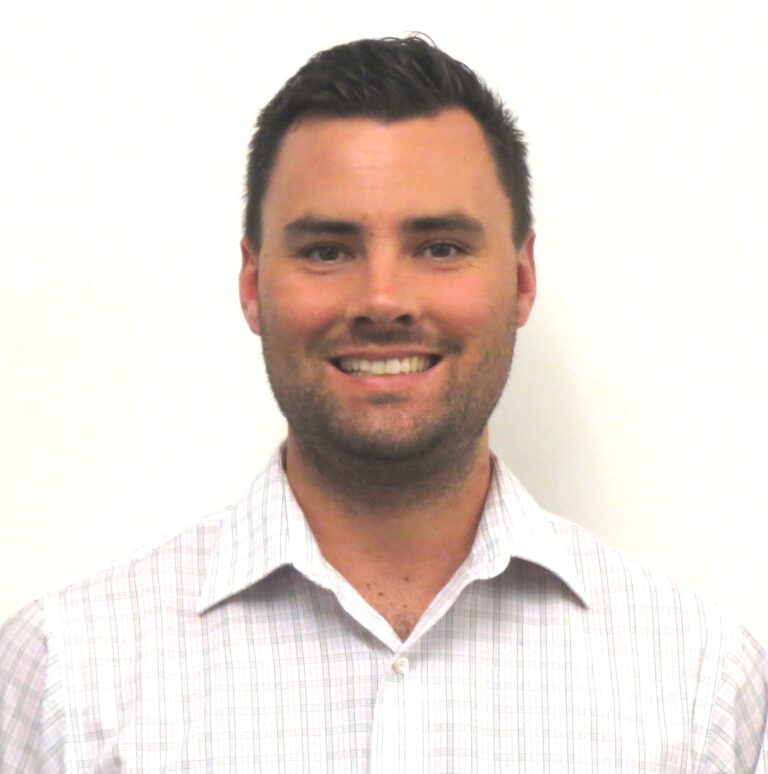Well, this is quite a time, isn’t it? Welcome to 2021, which is more than just the year after 2020, and it seems we will continue to live in interesting times. The biggest question is this: what are we going to do about it?
I’ve always believed all challenges are opportunities. That was true even in 2020, when the challenges seemed overwhelming, and shocking events came faster than most of us could absorb them. Division and chaos were already building when COVID-19 really took hold, and, from there, we had a hell of a year, filled with tragedy and trauma for so many.
This tough period in our history is not over, and just the first few weeks of 2021 have already shown us that. But it’s also not the first time in history when our society has been tested – it’s just the biggest challenge to be faced by most of us who are around right now. Go back one generation, or two, and you will find problems at least as big as the ones we have today.
And we don’t even need to go back that far to find learning experiences. Take, for example, the 2008 financial crisis. Many of us working today did not experience that time, so have no frame of reference for financial difficulties now. Many who did have forgotten the lessons of overextension of credit, or living for today and not planning for tomorrow.
Just a dozen years later, here we are. Putting it mildly, this last year has shown us the guardrails we thought we had are perhaps a little rusty – and in some cases very rusty. I’m looking at you, once-solid democratic institutions. What on earth?
But before we start throwing blame around, let’s view these observations as opportunities. Look at all the strengths that shone through when bad times arrived.
What we learned in 2020
- We have relearned the value of community. So many people stepped up to help.
- We have undeniable evidence that our healthcare systems are vital to us all. Public health is about everybody’s health.
- We recognized the tremendous value we all bring to our society – especially the frontline workers that keep it running.
- We understand the need for democracy better than ever before – and the need to lift our voices when we call out injustice.
- We know that diversity matters, along with equity and inclusion. We’ve been challenged to rethink our values and move beyond our prejudices; to understand the experience of others and have empathy.
- And we have to walk the talk. Companies can’t get away with words and no action. We have to apply our values to the decisions we make as we do business every day. At Libro, we’re trying to do that by considering our four pillars in every decision and we want to encourage others to apply good values when they do business.

This last year brought us successes and failures, and all these experiences are opportunities to grow. Here at Libro – where we’re a cooperative democracy, a banking institution with a social purpose that drives us to make an impact on communities – we believe we must all look forward together. Globally, we have a long road ahead and, while there is now hope from vaccines and other steps forward, there is so much work to do. We all need to consider the rust in our lives and find ways to fix that rust spot or it will grow. The best way is to do it together.
I recently read The Infinite Game, by Simon Sinek. He argues that for long-term success we need to view business and life as an infinite game rather than a finite game. In an infinite game we recognize win-win, making business, society, etc. better than how we found it – recognizing that we can only improve upon what we inherited. In a finite game, the game will end and there will be winners and losers. I prefer to act in a way that leaves the next generation a greater starting place than what we had, so they can take us to an even better outcome as we move into the future. That includes fixing community rust spots that we didn’t know we had.
So, when was the last time you took a moment to reflect? Do it now. What did you learn in 2020? What have you learned lately? How will these experiences change you? Look around you, at events locally and globally, and ask yourself: what are you going to do about it?
Needless to say, I think you should bank with a credit union, if you aren’t already. You can find out more here. Come and join us, to help us make an impact on communities, people and our economy. Thank you!

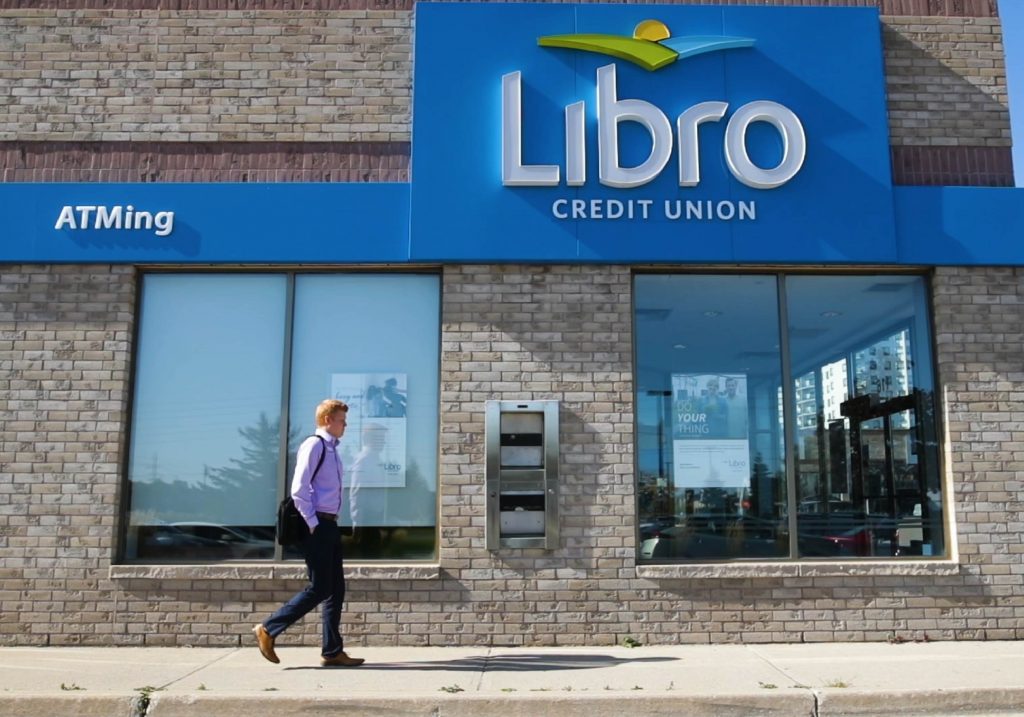

 />
/>

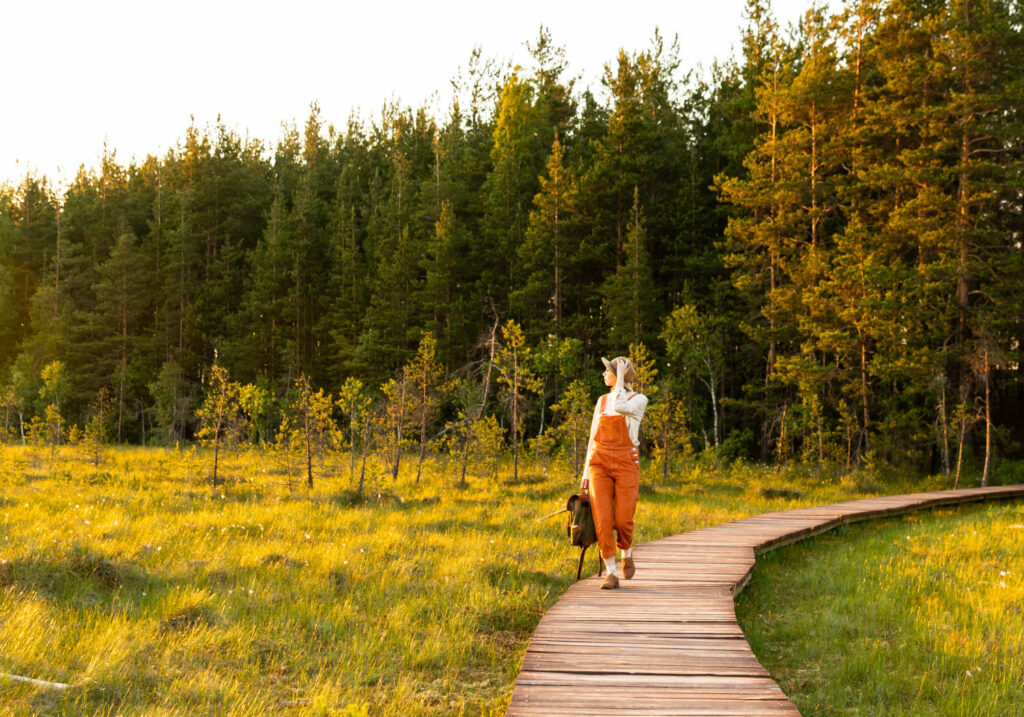 />
/>
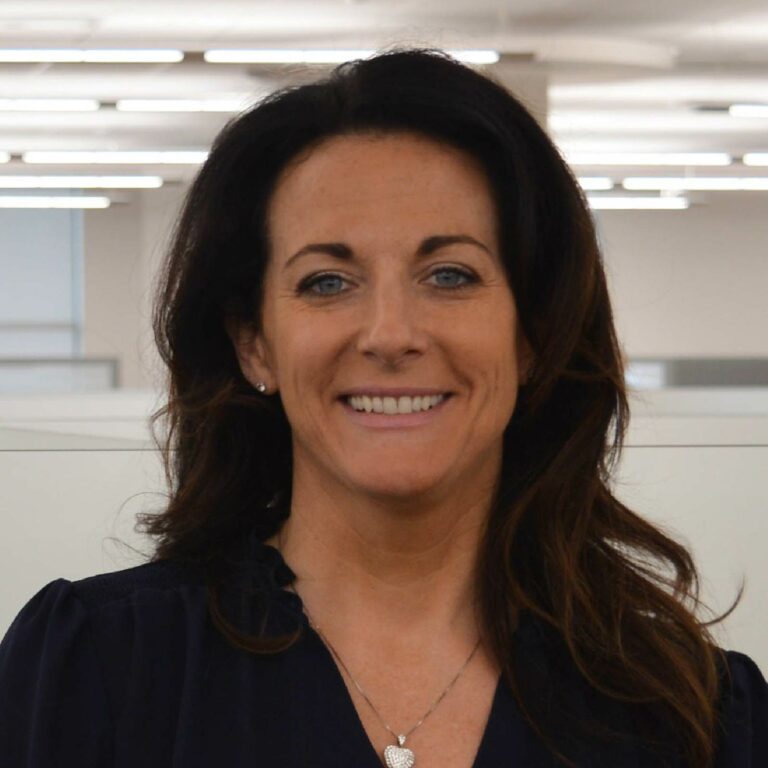
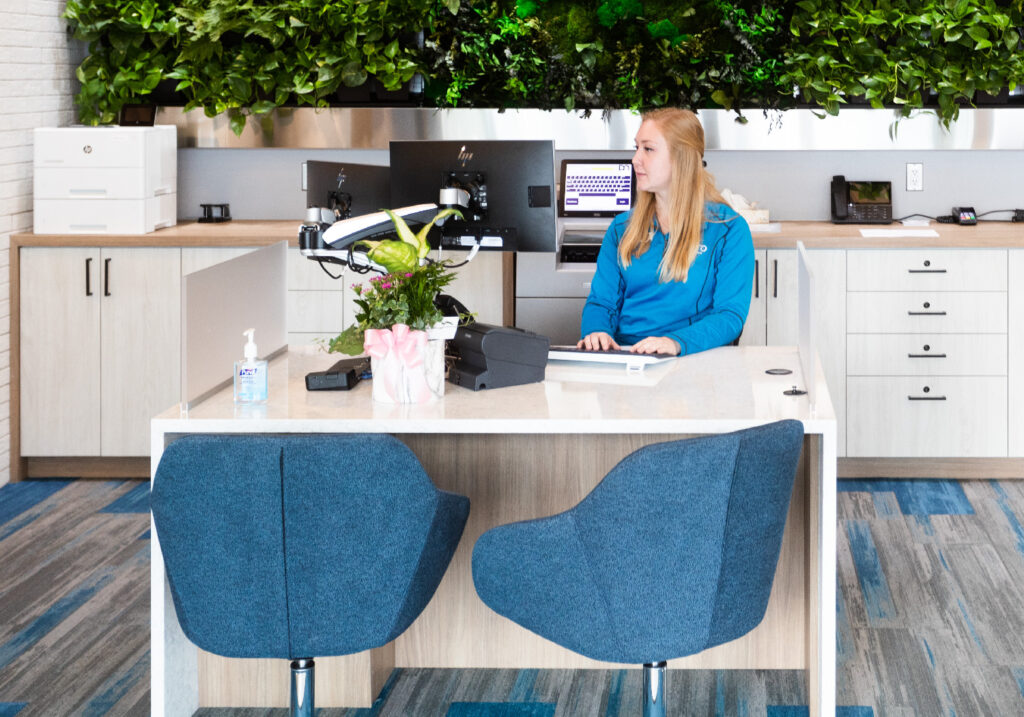 />
/>
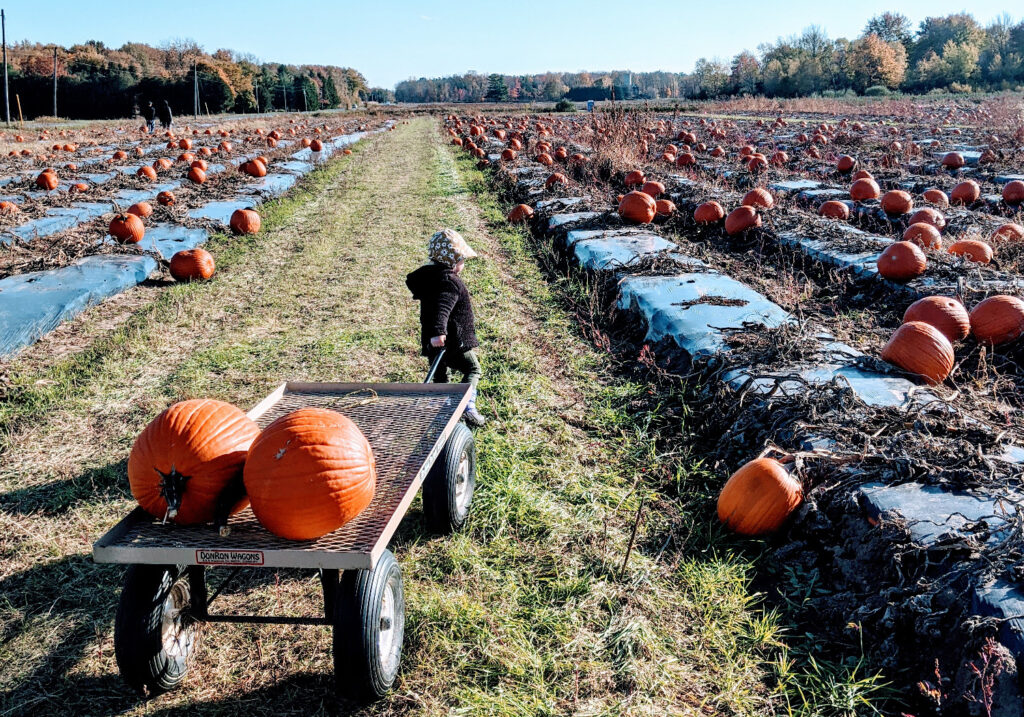 />
/>

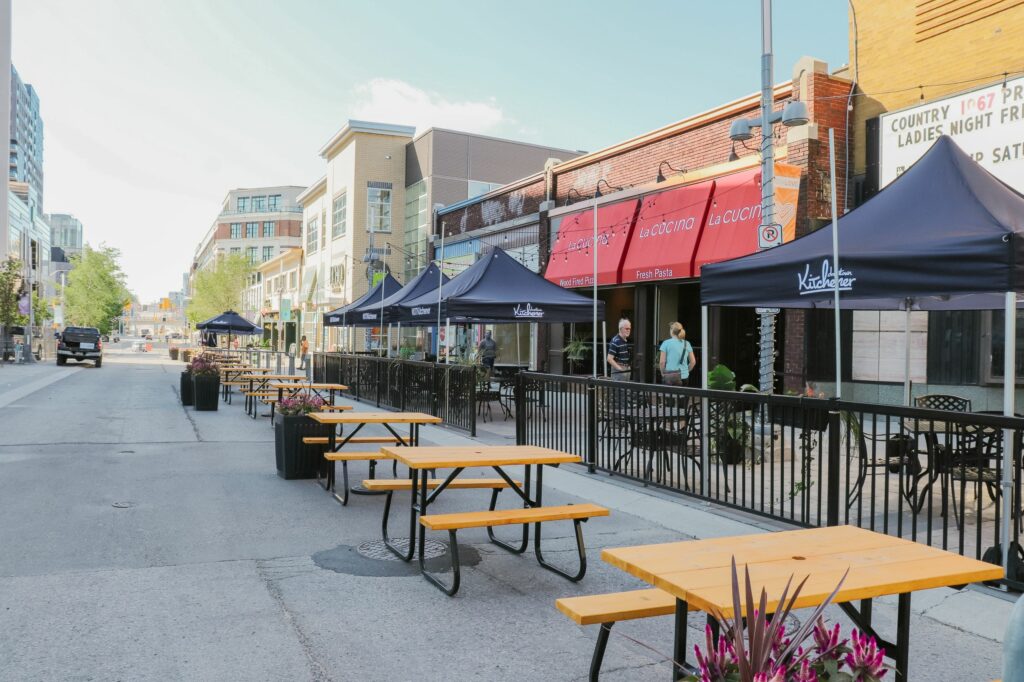 />
/>
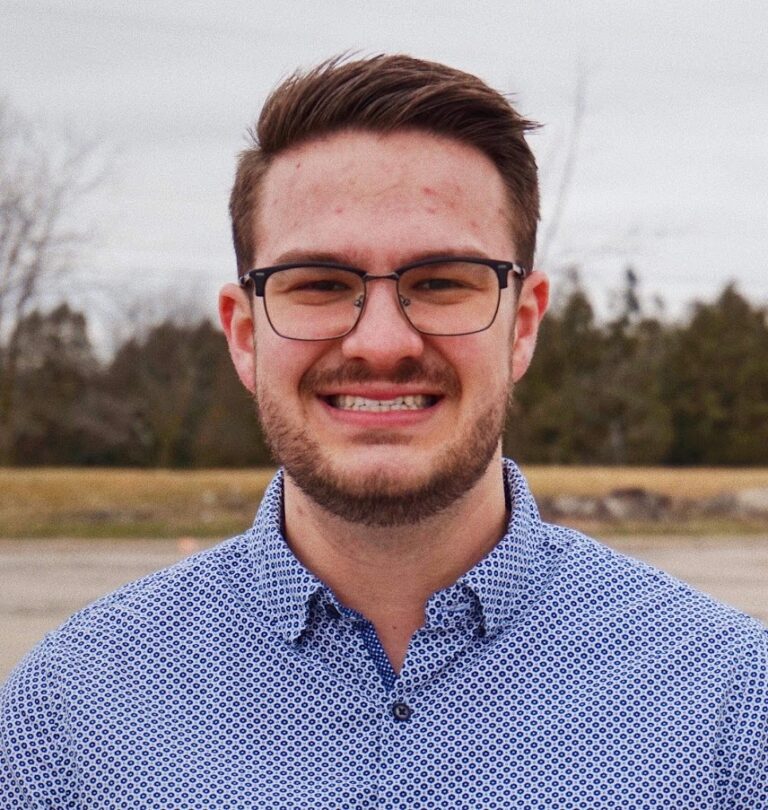
 />
/>
